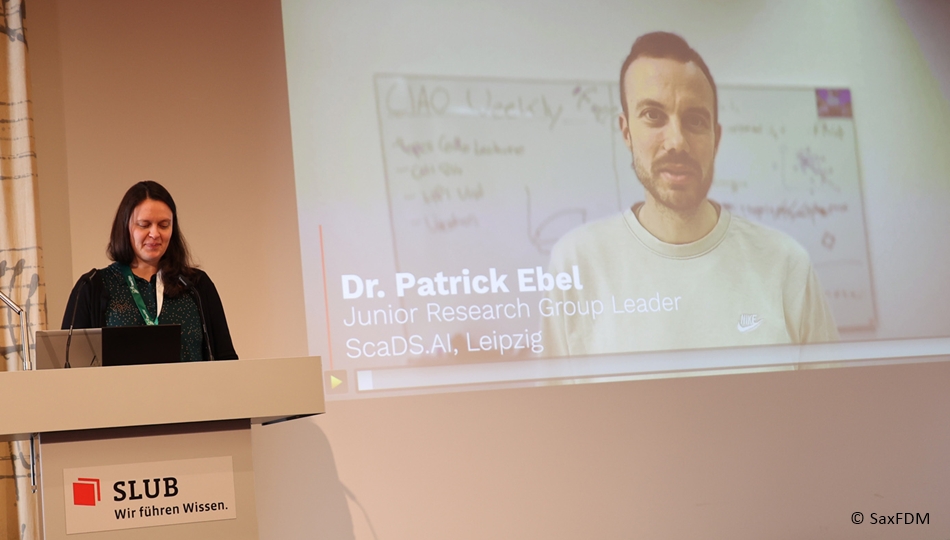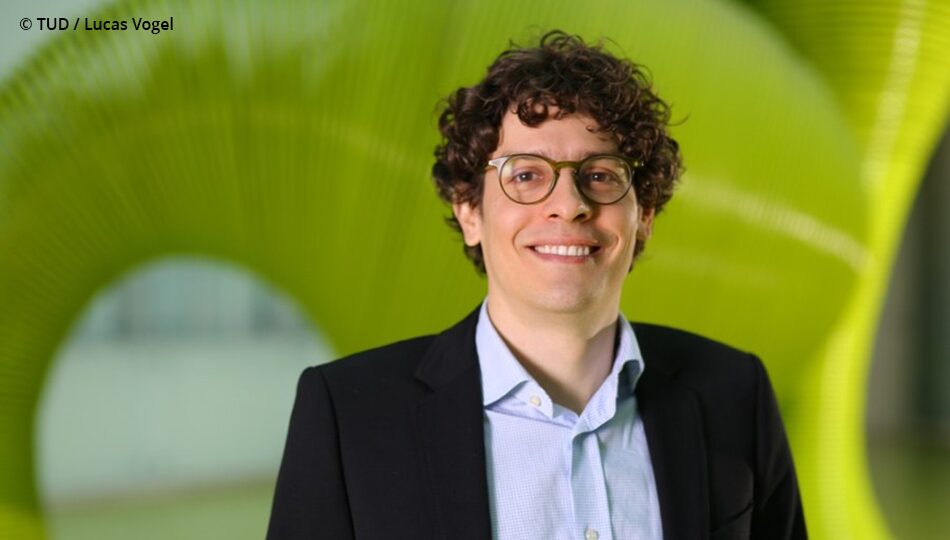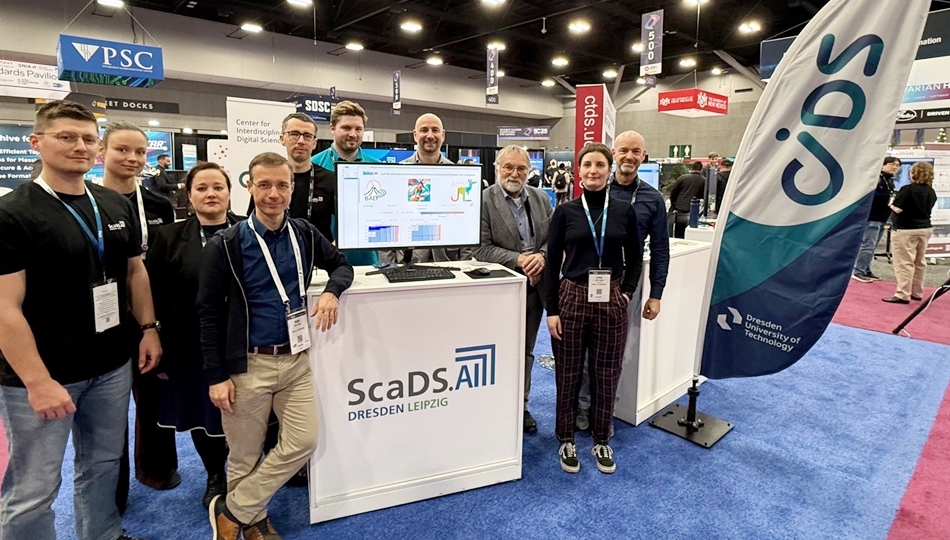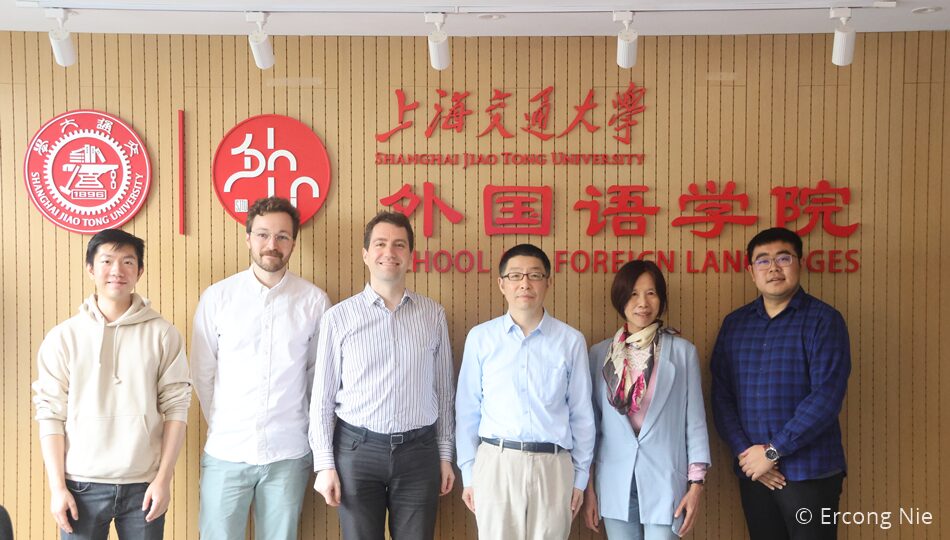
December 6, 2021
A Machine learning approach to Identify patients with Resected non-small-cell lung cAnCer with high risk of reLapsE (MIRACLE)

As an interdisciplinary and multinational research project MIRACLE aims to identify patients with resected non-small cell lung cancer with high risk of recurrence by using Machine Learning. ScaDS.AI Dresden/Leipzig is involved in this research project with a working group focusing on Machine Learning. The duration of the project is from 04/2022 to 03/2025.
MIRACLE study
Early stage non-small cell lung cancer (ES-NSCLC) is characterized by a high probability of survival with timely surgery (resection). However, clinical features alone are not sufficient to determine the exact type of lung cancer. Nevertheless, this defines the risk of cancer recurrence after surgery (recurrence risk) as well as disease-free survival (DFS). In the MIRACLE project procedure different biomarkers will be combined with conventional prognostic clinical features to better classify patients according to their tumor type (stratification). Until today, there is no method to determine the risk of recurrence for each patient individually for this type of cancer.
The project thus pursues an integrative approach to link information from heterogeneous sources at different levels. Biological, clinical and radiological data will be collected and analyzed to provide a holistic picture of early-stage non-small cell lung cancer (ES-NSCLC).
The development of an algorithm for the prediction of disease-free survival and the stratification of patients with resected ES-NSCLC is central to the MIRACLE research project. The algorithm will initially be developed, tested and validated on a previously collected cohort of 220 patients. Statistical and Machine Learning methods will be used to analyze the patient data, including approaches from the field of Deep Learning.
The goal is to develop a clinical decision support tool to identify patients at higher risk of relapse. By integrating clinicopathological factors into a predictive model, personalized patient treatment could become possible. The developed and validated algorithm should also permit to improve patient management and to develop more efficient and ethical therapeutic strategies.
Involvement of ScaDS.AI Dresden/Leipzig
ScaDS.AI Dresden/Leipzig is involved in the implementation of the research project with a focus on Machine Learning (ML) and data integration consisting of Prof. Dr. Erhard Rahm, Dr. Eric Peukert, Dr. Christian Martin, and Dr. Jan Ewald. This group aims to develop an algorithm for the prediction of disease-free survival (DFS) and stratification of patients. The prediction will be based on a variety of methods with different strengths and weaknesses, ranging from classical statistical and ML methods to modern Deep Learning approaches. An important focus will also be on the explainability of the predictions of the trained models at all stages of development.

Fig.1: Involved centers in MIRACLE study






